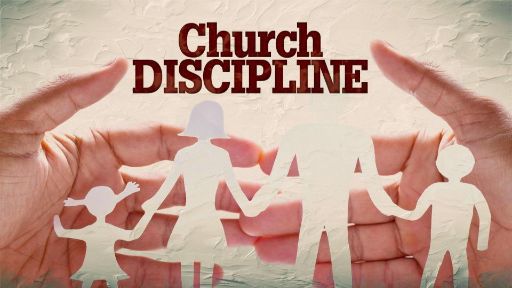-
Temptation
Contributed by Tim Zingale on Nov 28, 2017 (message contributor)
Summary: A sermon for the First Sunday in Lent Temptation
1st Sunday of Lent
Matthew 4:1-11
"Temptation"
What is a sinner? Let me repeat that question, what is a sinner? Pascal says: "There are only two kinds of people, the righteous who believe themselves a sinner and the sinner who believes themselves righteous". Mary Wilson Little put it this way,"People who make no pretensions of being good one day out of the week are known as sinners." Or as Oscar Wilde says, "Nothing makes one so vain as being told that one is a sinner."
Or here is what another person says about a sinner as he looked at his own life. "I often find I have the will to do good, but not the power. That is, I don’t accomplish the good things that I set out to do, and the evil things that I don’t want to do, I find I’m always doing. Yet, if I do the things that I don’t really want to do, then it is not I, repeat, it is not I that do them, but it is my own nature in which I am a slave to sin and death. It’s an agonizing situation, a constant conflicts and who on earth can free me from the clutches of my own sinful nature?" That was St. Paul writing to the Romans about his own struggle with sin.
The first couple of people, I quoted about sin made it seem like something one could easily brush off, like water dripping off of a duck’s back. Sin was not taken seriously in their lives. But I think Paul said it best, sin is something that affects a person’s whole being. It is not something that can be brushed off very easily. It doesn’t work that way. You know it and I know it. Everyone of us labors under the terrible weight of guilt and sin. We feel guilty about the wrongs we have done, the hurts we have caused others, and at the same time, we feel guilty about those things we should have done, but didn’t do. For example, maybe we needed to apologize to someone, but were too proud. Or, maybe, we couldn’t express forgiveness to another, because of the hatred that filled our heart. Or maybe, it was the hurt we said to a loved one and after realizing what we had done, we couldn’t or wouldn’t say we were sorry. Or maybe we are guilty of not including the stranger, the new person to town in our circle of friends. Sin is more than what we have done wrong, it is also as our confessional service says: those things we have left undone.
In the scheme of life, we sin against not only people, or creation, when we are not good stewards, but finally all sin is a sin against God Himself. In "Rejoice and Realize"--written by Richard Hoefler, he says --"When we sin we do not break a law; we break our Father’s heart. God grieves when we sin against him, but he does not disown us. The certainty of our status in the family of a loving Father is found all through the New Testament and is Paul’s central message as seen especially in Romans 8:31-39".
Also, our gospel lesson this morning, the temptation of Jesus in the wilderness is a clear example of the love God has for us as we face all the brownness of this world. For, I think, all the gospel writers included this story of the temptation of Jesus as a way of showing us, as clearly as possible, that God understands the human condition in which we live. We live in a fallen world. There is sin and brokenness all around. He even had His only Son tempted in the wilderness as a clear indication of His comprehension of the difficulties we face day in and day out.
Many times this temptation story of Jesus seems far removed from our world, our life. On the surface we have a difficult time relating to these temptations, turning stones into bread, or jumping off the highest part of the temple and having God’s angels catch you, or being placed on a very high mountain so that you could see the whole world, then having the Devil giving you a chance of owning it all. That is far removed from the sins we face day in and day out. However, I would like to suggest this morning as we look at just one of these temptations, it is in the subtlety of these temptations where we really find ourselves and see the real craftiness of the Devil and sin.
The first temptation speaks of turning stones into bread. As Jesus sits in the dessert his stomach is empty; He hasn’t eaten for 40 days, his throat is parched. The devil approaches, and I don’t believe he was the red horned person with a pitch fork we dream of, he was more subtle, more inventive, he was in actuality, the voice of reason in Jesus’ mind and ear. Maybe he said, " Jesus, sir, you look like you are having a rough time. By the way, you are the Son of God, right? So, why don’t you turn all of these stones into bread? Not just for yourself, for I know you are a loving and compassionate person,---but for all the starving people of the world. They need you. They need this food. They need the power you possess. Give them what want, what they need, give them food. And then you would be their hero. They would follow you anywhere."

 Sermon Central
Sermon Central



